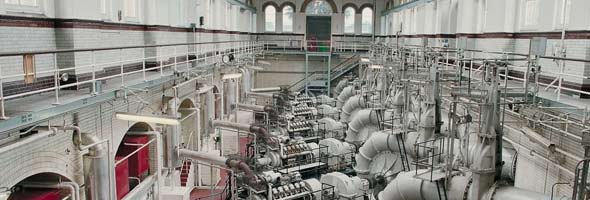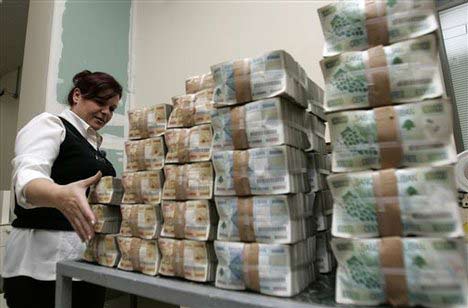Lebanon National Debt and Privatization
Nevertheless, numerous challenges remain to be met. Chief among these are: reducing the national debt; privatizing services and industries (such as telecom ); repairing infrastructure damaged by neglect and war (presently electricity and some other services are cut for a few hours each day); increasing broadband coverage; and a host of other problems long neglected as a result of stalemated government.
Lebanon Domestic Challenges
Lebanon has long had a free market economy and a sound legal base for a free economy which it inherited from the French Mandate. Thus while many legal and administrative reforms are needed, the economy has been able to flourish.
Nevertheless, numerous challenges remain to be met. Chief among these are: reducing the national debt; privatizing services and industries (such as telecom); repairing infrastructure damaged by neglect and war (presently electricity and some other services are cut for a few hours each day); increasing broadband coverage; and a host of other problems long neglected as a result of stalemated government.

National Debt
Lebanon has a problem with its national debt, which is presently at 147 percent of GDP, but this is down significantly from a high of 186 percent a few years ago. The basis for this reduction has been the expanding economy, as well as the government’s profits from the ownership of certain services, such as telecom . This debt load, however, inhibits the solution of many other problems, such as needed infrastructure and IT modernization.
Infrastructure
Infrastructure has suffered from the wars and neglect, and is badly in need of repair, upgrade, and expansion to meet current needs. Electricity demand is above capacity, resulting in less than regular service; same with many other utilities. IT services are lack the internet capacity needed in broadband.
On the latter problem, George Chammas , co-President of NAVLINK believes that “the main challenge that Lebanon is facing today is broadband availability. It is absolutely essential for Lebanon to have a market oriented broadband approach in order to sustain the growth of the country.”
The government is committed to solving all these problems for the good of the country. But, says Minister Tarek Mitri , “Progress is slow…We are a government that seeks consensus which brings stability…The problem is that the minority exercises a de facto veto power.” As a result, “we discuss endlessly before we are able to make a decision.”
Nevertheless, many reforms are going forward. Ziad Hayek , Secretary General of the Higher Council for Privatization reports that “69 laws aimed at reducing red tape are waiting to go to parliament, aimed at making government processes more efficient, and we hope to see these implemented in the next few years.”
Privatization of public services is also high on the list of priorities. Part of the impetus toward privatization is the need to reduce the national debt load; as a result, government and economic leaders are looking to PPP’s—public-private partnerships—to speed the repair and modernization of many public services damaged by the civil wars, Israeli air strikes, and neglect due to long governmental stalemate.

All of the parties in the national unity government are now committed to economic growth, repair of infrastructure and modernization. All elements of the economy—banking, IT, tourism, construction, education, labor, and investment—are hopeful that all parties in the government will be able to agree on the most important new laws at least as quickly as they agreed to share power.